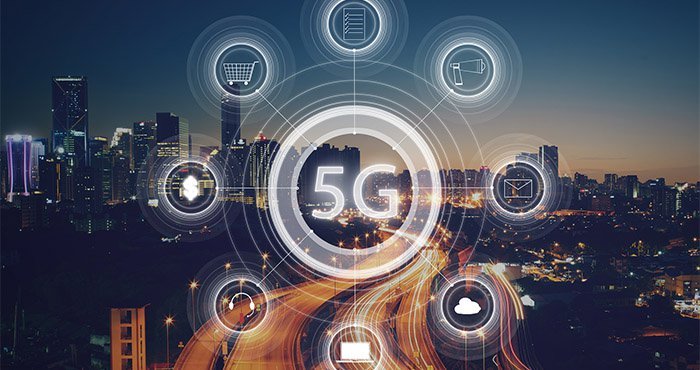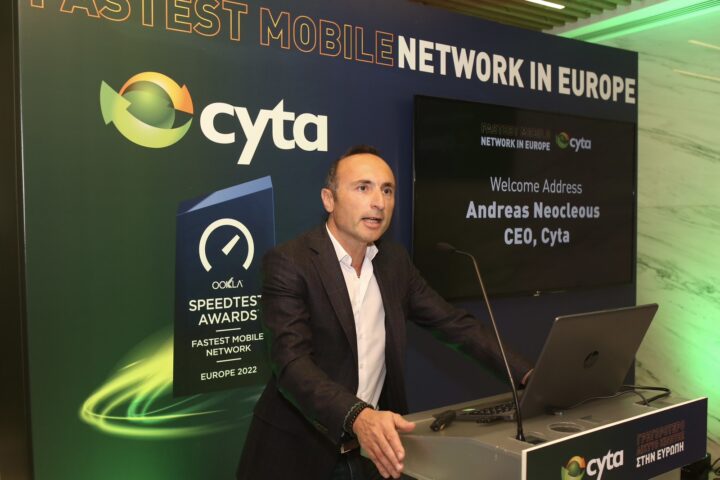The licensing process for 5G (5G) wireless is proceeding as planned and as expected the platforms will be allocated to providers within the deadlines set by EU legislation.
That is the 700MHz bandwidth is to be given to the highest bidder by 30 June 2020 the 3.6GHz bandwidth until 31 December 2020.
According to EU directives, Cyprus must issue 5G broadband licenses by the end of 2020.
A public consultation process regarding the granting of rights to use the radio frequency spectrum (700 MHz, 3.6 GHz, 26 GHz) was recently concluded at the Office of the Commissioner for Electronic Communications and Postal Regulation.
Present at the meeting were the state Cyprus Telecommunications Authority (Cyta), five private companies, Cablenet, Epic, Avanti Communications, Primetel and Hellas Satellite Consortium.
Cyta, Cablenet, Epic, and Primetel have already expressed an interest in participating in the bidding process.
The majority of the market shareholders agrees that four licenses should be put up for grabs.
Cyta considers that only three licenses should be offered and providers with developed infrastructure should automatically become the beneficiaries of the new frequencies to be granted.
The intention of the Department of Electronic Communications is to hold a tender, in March 2020, to award the spectrum available on the 700 MHz and 3.6 GHz bandwidths.
The new 5G technology will not replace the existing 4G technology, but rather complement it, increasing internet speeds from 10 to 100 times. That would mean users could download a high-resolution movie within minutes or seconds.
Essentially 5G is the next generation of mobile internet connectivity promising much faster data download and upload speeds, wider coverage, and more stable connections.
With 5G technology offering ultra-high internet access speeds through mobile and connected devices, as well as the ability to use advanced next-generation services will radically change all aspects daily life, from work to the way we live with the development of smart cities and smart homes.
Experts claim that applications based on 5G networks can be used in healthcare with doctors even being able to examine and perform operations remotely as communication between devices will be facilitated.
However, concerns over health risks connected with the 5G systems have been widely expressed.
Earlier this year scientists and health specialist attending a joint meeting of the Environment and Health Committees told MPs that “radiation from antennas can cause cancer”.
The adoption of 5G technologies requires a network of antennas being set in close proximity to each other, which raises concerns over health.









